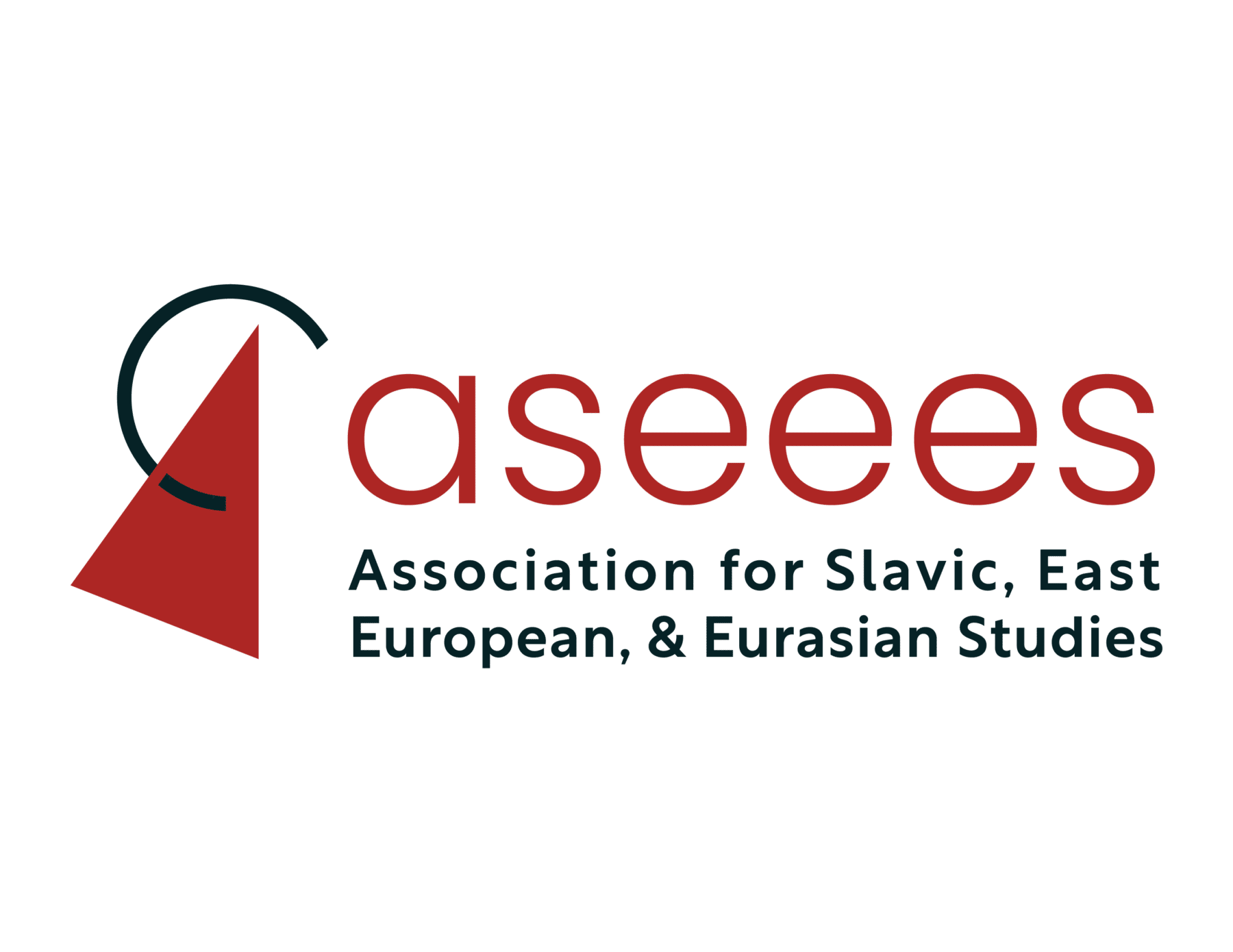About ASEEES

Established in 1948, the Association for Slavic, East European, and Eurasian Studies (ASEEES) – a nonprofit, non-political, scholarly society – is the leading international organization dedicated to the advancement of knowledge about Central Asia, the Caucasus, Russia, and Eastern Europe in regional and global contexts.
As the premier membership organization in the world with over 3,200 members, ASEEES supports teaching, research, and publication relating to the study of the region and has cultivated the field’s intellectual landscape for seventy years through its chief publication, Slavic Review, its Annual Convention, its book prizes, and its organizational newsletter. Slavic Review is the leading peer-reviewed scholarly journal in the field, featuring significant articles of original research from diverse disciplinary approaches. ASEEES also maintains the intellectual vitality of the field by hosting an Annual Convention – an international forum wherein over 2,600 attendees (scholars, professionals, and graduate students—domestic and international) exchange new research and information face-to-face on an annual basis. In addition, ASEEES recognizes outstanding scholarship in the field by awarding prizes to works of merit. ASEEES awards nine book prizes, a dissertation prize, and a graduate essay prize.
In 2010, the Association changed its name from “The American Association for the Advancement of Slavic Studies (AAASS)” to its current “Association for Slavic, East European, and Eurasian Studies (ASEEES).”
ASEEES is a constituent society of the American Council of Learned Societies, the National Council of Area Studies Associations, and the Coalition for International Education. ASEEES was a founding member of the International Council for Central and East European Studies.
ASEEES is housed at the University of Pittsburgh.

Donate
Please consider supporting ASEEES by making a contribution. ASEEES is a 501(c)3 non-profit organization. Contributions may be tax deductible.
Your contributions will fund research, foster insight, and connect voices in the field.